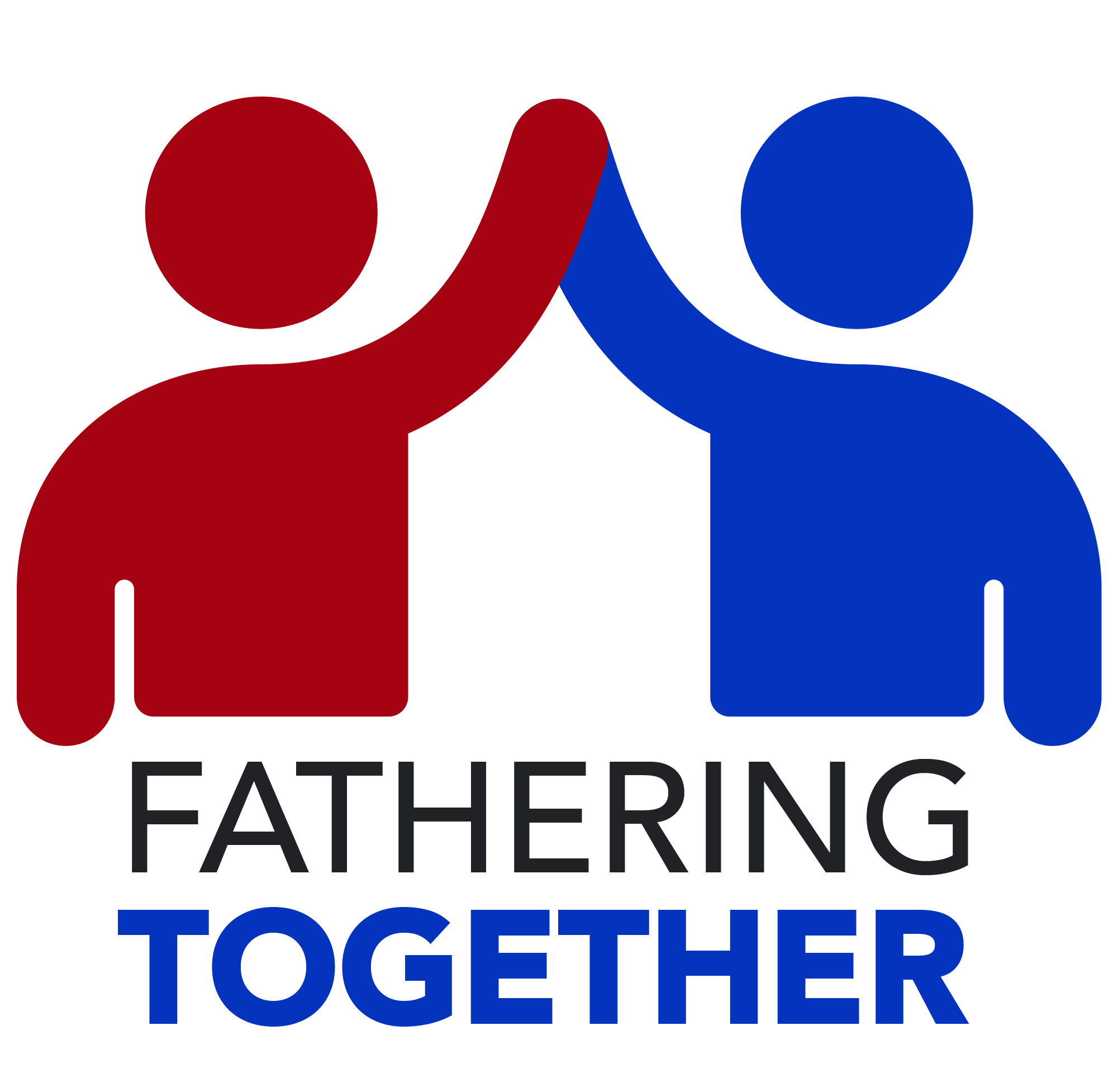Our culture values play. Thanks to the work of people like Maria Montessori, Jean Piaget, and John Dewey, play-based learning has become the norm in education. Teachers from Pre-K through higher education concoct games and fun activities in hopes of generating interest in rigorous learning. Parents create all kinds of experiences that are fun and have a clear academic objective. Even serious institutions like museums and libraries try to create fun experiences to engage learners of all ages.

The focus on play-based learning actually blocks us from seeing the broader perspective

However, as a former disengaged learner and now a homeschool father, I think the focus on play-based learning actually blocks us from seeing the broader perspective. Assuming all activities need to have an aspect of play can lead us to believe kids only learn while they’re playing or they only like doing difficult things when it’s fun. This false belief creates a vicious cycle where we create more game-based experiences that, in turn, strengthen our convictions. We package all learning in a game or in play for it to be desirable.
Play isn’t just a nice package for learning
Play isn’t just a nice package for learning; it’s not the sugar that sweetens the medicine — it’s the medicine itself. What then should our children be doing?
In short, kids should be playing. But this is less about getting the kids to do something new. When kids have the time, they play. We only need to get out of the way as often as possible and let them do what comes naturally, which ultimately comes down to making choices about what comes next.

A lesson that isn’t optional is anything but play-based

In Free to Learn: Why Unleashing the Instinct to Play Will Make Our Children Happier, More Self-Reliant, and Better Students for Life, Peter Gray argues that play is first and foremost self-chosen and self-directed. In other words, a lesson that isn’t optional is anything but play-based.
Bernard Suits famously wrote in his book The Grasshopper: Games, Life, and Utopia that a game is simply "the voluntary [emphasis added] attempt to overcome unnecessary obstacles.” By “unnecessary” I think Suits means that the obstacle seems unnecessary to the observer. For the gamer, the obstacle may be the driving force.
Both playing and games hinge on a single characteristic: Choice.
Both playing and games hinge on a single characteristic: Choice. What looks like work to adults could actually be play and vice versa. Adults almost literally suck the fun out of an activity when it becomes required. Because a game isn’t fun anymore when you don’t want to do it. And play isn’t the same when once it becomes an obligation.
Sometimes our three children run in circles squealing with delight. How long do you think the activity would last if I told them this activity was a daily requirement? The fact that they are choosing to do this keeps the mind open and engaged, ripe conditions for learning.

To see what children are capable of, we need to put away our own objectives for them

Children who are playing take on challenges they’re ready for, ask questions that occur to them, and learn much about what they are physically capable of. Those are the kinds of objectives that don’t fit on the top of worksheets and yet they are invaluable to living a meaningful life in our culture because they embody some of more sought after characteristics: Curiosity, grit, and self-awareness.
Learning is not a drudgery that can only be solved through play but to see what children are capable of, we need to put away our own objectives for them. We need to slow down long enough to see the learning taking place and stop thinking that we need to be the ones driving the experience.
This article was written by Philip Mott. Learn more about him on his website.
